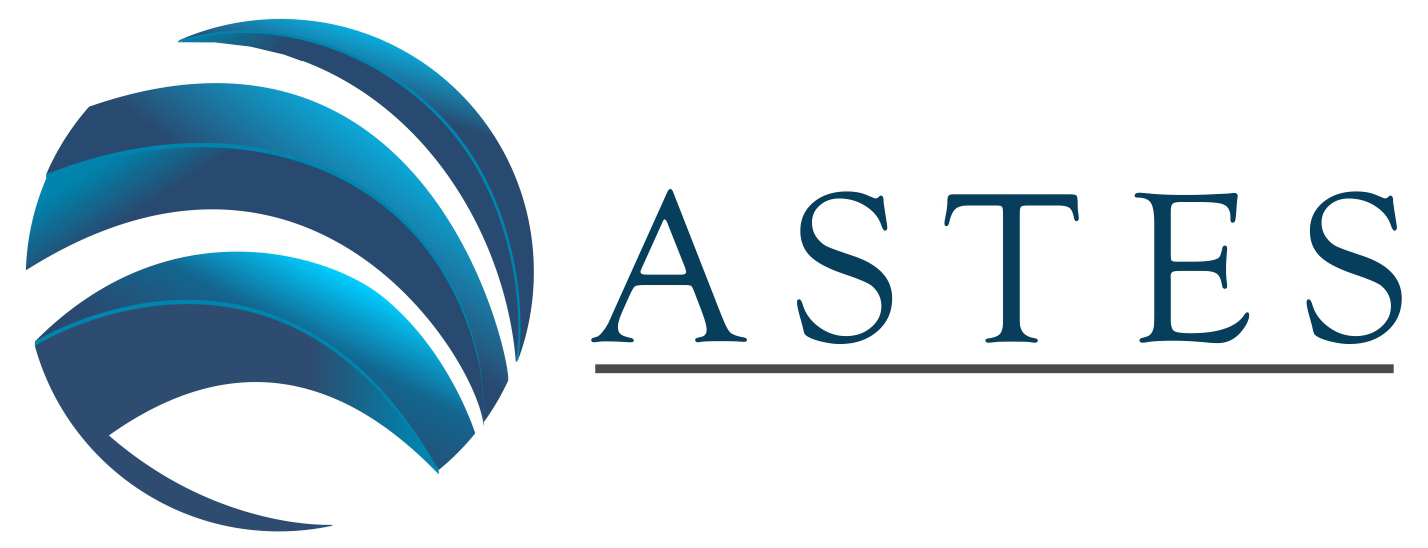Scope
The spread of COVID-19 has changed many aspects of people’s lives, including individual social behavior, and healthcare procedures. It has also altered many physiological responses. As a result, it is possible that some medical studies may be influenced by one or more hidden biases brought about by Covid-19 pandemic. Some may be mediated directly or indirectly by patterns of face mask wearing or by the physiologic effects of Covid-19 itself. Face mask wearing has been reported to produce bias in studies of endocrinology, ophthalmology (particularly dry eye and related ocular diseases), sleep studies, cognitive studies (such as emotion-recognition accuracy research, etc.), and gender-bias studies, just to mention a few. It is possible that some other COVID-related biases remain unrecognized in medical engineering and clinical/paraclinical sciences.
Keywords
Covid-19 induced Bias, Face mask induced bias, Medical engineering bias, Molecular mechanisms, Statistical methods
Sub-topics
This Research Topic is aimed at discovering forms of both recognized and unrecognized biases brought about by the Covid-19 pandemic and/or by face mask wearing, with special emphasis on the ones mediated by Computing, Engineering Science & Technology. It is hoped that it will help to uncover COVID-19 related biases in the interpretation of engineering studies, artificial intelligence studies, clinical findings, and methodological developments for future applications, registered clinical trials, cohort studies and comparative studies (pre and post Covid-19 pandemic) locally, regionally and globally. This Research Topic would like to explore Covid-19 related bias in engineering, clinical and paraclinical articles focusing on but not limited to the following topics:
The sub-topics to be covered within the issue should be provided:
- Brain imaging techniques: Studies exploring medical image analysis from the perspective of the Covid-19 pandemic.
- COVID-19 pandemic detection bias in the areas of engineering studies, artificial intelligence and deep learning.
- Cognitive bias, health anxiety and attentional bias, gender bias, collider bias or publication bias.
- Statistical biases induced by Covid-19 and/or face mask wearing, such as ascertainment bias, selection bias, surveillance bias, sampling bias, minimization in disease frequency estimates etc.
- Prognostic/diagnostic/therapeutic and prophylactic biases brought about by Covid-19 and/or face mask wearing.
- Diagnostic bias in COVID-19 times
- Prognostic bias in COVID-19 times
- Therapeutic bias in COVID-19 times
- Prophylactic bias in COVID-19 times
- Cross-sectional and explorative questionnaire studies regarding incidence/prevalence/severity of diseases affected by Covid-19 or face mask wearing, or altered mental status due to the Covid-19 pandemic. For instance, Covid-19 infection directly reduces salivation, leading to xerostomia in diabetic patients. Some researchers attribute this to diabetes duration and/or severity alone, ignoring the potential role of face mask-induced hyposalivation or direct damage of the Covid-19 virus to the salivary glands, thereby producing an explicit bias.
Submission Guidelines
- For Initial Submission use pdf file and Don’t include author’s name and affiliation in manuscript pdf file. Keep remember! DON’T INCLUDE AUTHORS NAME IN PDF FILE OF INITIAL SUBMISSION.
- You can download the Online Submission Guidelines for steps wise submission process.
- During Online submission, you have to select Special Issue Paper from Track menu and then select SP on Pot. Covid-19 in Md. Engg, Cl. Sci. Comp. & Tech. 2202-23 in Special Issue/Selection. (Screenshot attached below)
- In cover letter section, the author must specify the keywords and also write the Invitation code in it.
Click on “online submission” button to submit your manuscript. You have to register yourself first
Important Dates
Paper Submission Deadline: 30th September, 2022
Acceptance Notification: 4-6 week (after submission)
Publication Date: 2 weeks after acceptance
Guest Editorial Board
Guest Editor-in-Chief
- Dr. Reza Rastmanesh, American Physical Association, MD, USA & The Nutrition Society, London, UK
Guest Editors
- Dr. Venkataramana Kandi, Prathima Institute of Medical Sciences, India
- Dr. Loreta Cannito, Gabriele d’Annunzio University, Italy
- Prof. Luis Diambra, National University of La Plata, Argentina
Publication Fee
Publishing an article in Advances in Science, Technology and Engineering Systems Journal requires Article Processing Charges that will be billed by submitting author following the acceptance of an article for publication. For the special issue, there is a special discount on publication charge of 10% as an invited article which is applicable after applying country based discount. For more information visit publication fee page https://www.astesj.com/publication-fee/.
Contact Information
Dr. Reza Rastmanesh
American Physical Association, MD, USA & The Nutrition Society, London, UK
Email(s): r.rastmanesh@gmail.com, rezar@sbmu.ac.ir, r.rastmanesh@nnftri.ac.ir

